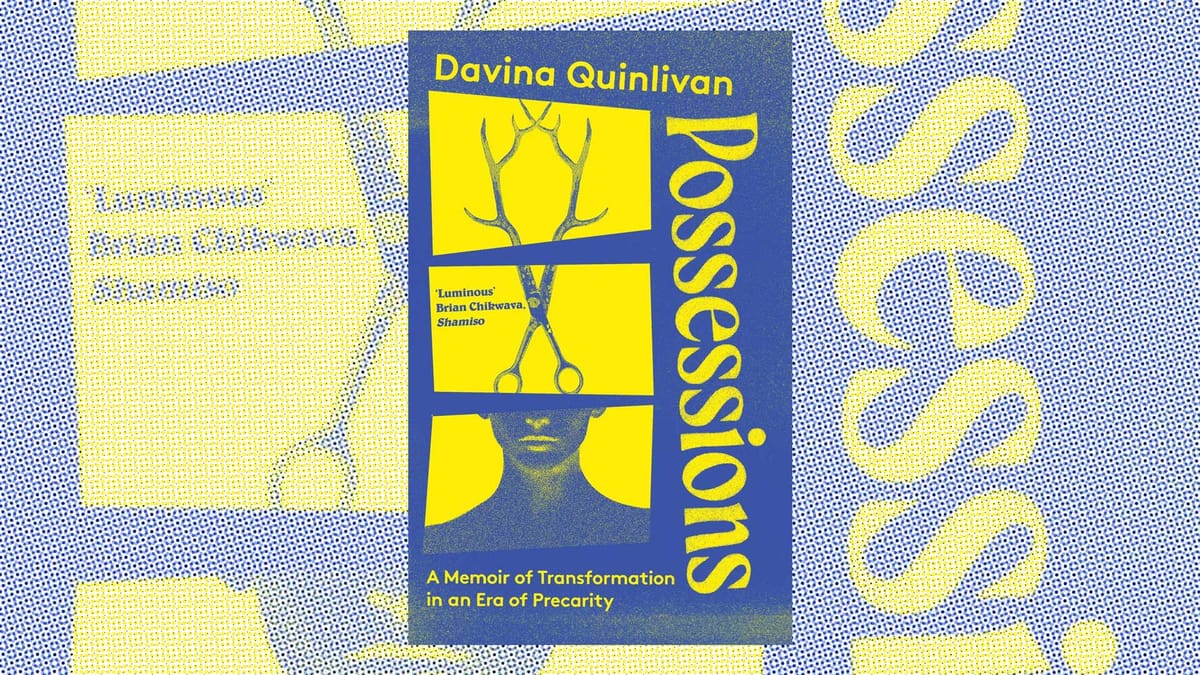She offered as her pitch for the job… ‘I’m working class...’, like it is a special dust and inheritance that so obviously makes her ideal for the job,” fumes Giles Dilnot on the ConservativeHome website. “When did we adopt this sanctification of working-class credentials?”
He is talking about Bridget Phillipson’s candidacy for the deputy leadership of the Labour party, and her campaign in which she has spoken about her working-class background. Your class, he says, doesn’t make you more talented, and anyway, “I thought we were all pretty keen to make that a thing of the past … I have no idea what my ‘class’ was or is, nor do I much care.” (Middle class, then.)
The idea that class belongs to the past is patently nonsense, but it was Dilnot’s interpretation of Bridget Phillipson’s references to her background that struck me. He clearly hears it as boast, a means to getting something. Most working-class people, surely, would hear her saying she understands, and will try to represent them.
It’s also a way of her saying she’s not the sort of person who pulls up the ladder behind her.
As for “sanctification”, a lot of us will be interested to learn society regards us as saintly, as we had gained rather the opposite impression. For me, this was another of those moments when you realise that some middle- and upper-class people have quite strange ideas about what being working-class actually involves, and feels like.
I was reminded of a wealthy photographer I once met who seemed genuinely surprised when I told him I’d never witnessed knife crime when I was at school.
It's so absurd it can almost seem funny. It’s also annoying, though, because this projection of untruths and misapprehensions onto people perpetuates the very class prejudices that Dilnot wishes gone.
Class isn’t only about what you make of yourself, boastful or not.
Class is also something that is done to you. Quite often by weird accusations and claims like Mr Dilnot’s.
All donations go towards supporting the Bee’s mission to nurture, publish promote and pay for the best new working-class writing.









Comments